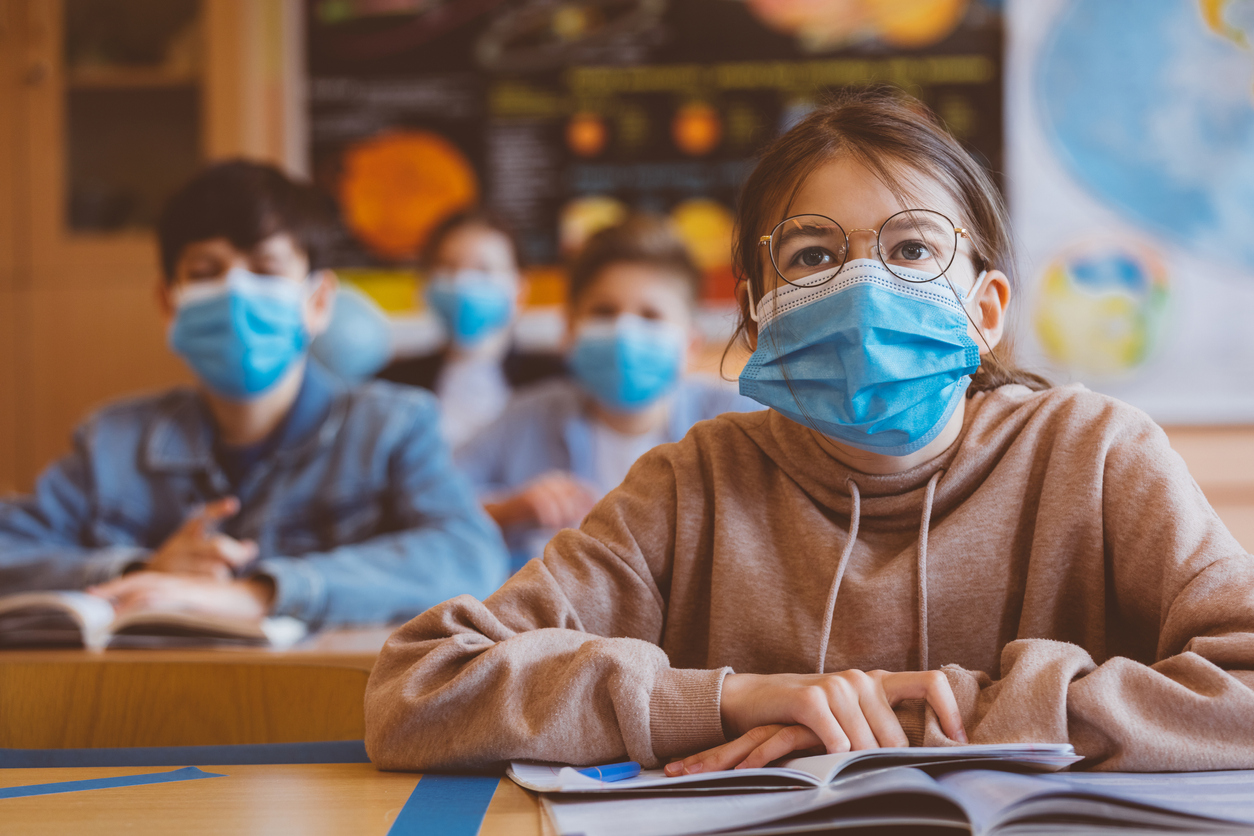
Let’s Keep Politics Out of the School Reopening Debate
As school districts across the U.S. debate whether they should reopen schools or keep classes virtual for the fall semester, politics has unfortunately entered the debate. Teachers unions are using this opportunity to demand a boost in government funding for public schools and making more extreme demands as conditions for returning to schools.
In Maryland, the state teachers unions are also demanding that schools remain closed and remain online, at least through January. But clearly, it would be against these unions’ interests if private schools reopened, possibly taking students away from the public schools. Therefore, Montgomery County officials wanted to ban private schools from reopening in the fall as well, but Gov. Hogan’s emergency order wisely blocked this move.
Sadly, what happened in Maryland is similar to what is going on nationally. The American Federation of Teachers is demanding an additional $116.5 billion in federal funding for safely going back to schools. In California, the Los Angeles Teachers Union is demanding “moratorium” on charter schools and voucher programs that they claim drain resources away from public schools.
It is heartbreaking to see the unions across the country trying to use the global health emergency as a chance to fulfill their wish lists and to weaken their competition. But at least in Maryland, this should not come as a big surprise. Historically, public sector unions have always had a strong influence in Maryland politics, and the unions are accustomed to getting what they want through frequent strikes and expensive lobbying efforts.
In fact, the school reopening debate comes at an interesting time for Maryland. During this year’s shortened legislative session, Maryland State Education Association, the state’s teachers union representing more than 74,000 teachers, and the Strong Schools Maryland, a grassroots education campaign, spent over $1 million lobbying for the state’s $32 billion education reform plan, which would, among other things, increase pay for teachers.
Clearly, unions are not afraid to spend what it takes and hold children hostage if necessary to get what they want – whether it is higher pay, more pensions, or more monopoly.
But, as this pandemic has demonstrated to us all, flexibility is needed to help our children learn even during a crisis. Banning schools from reopening, regardless of whether they are public or private, is not a flexible solution. The Center for Disease Control and Prevention has advised that reopening schools with in person instruction is a step toward public health, especially for the low-income children. Therefore, schools should be allowed to shift between classroom and online instructions as they feel is necessary to protect their children and teachers’ health.
Another important aspect of safely sending our children to schools is choice. More than ever, parents of varying socioeconomic classes need options for how can they educate their children during the pandemic. Many Maryland parents cannot go back to work if schools don’t reopen in the fall. For these parents, sending children to private schools that do open in the fall could help save their jobs.
In addition, school choice is important to ensure that sufficient competition remains between different types of Maryland schools, especially when the schools are looking for innovative ways to meet their children’s diverse learning needs throughout the pandemic and recovery. Without competition, quality of schools will suffer post-pandemic, regardless of how much taxpayers’ money the state is pouring in to revamp the state’s education system.
So amid the ongoing reopening debate across the nation, it is important for Maryland and other state officials to fight off the pressure from teachers unions and not give into their demands that would cost taxpayers billions and remove the healthy competition amongst schools. Public school monopoly and public sector unions did no good for our children’s education before the pandemic, and they can do even more harm for our vulnerable children amid the pandemic.





